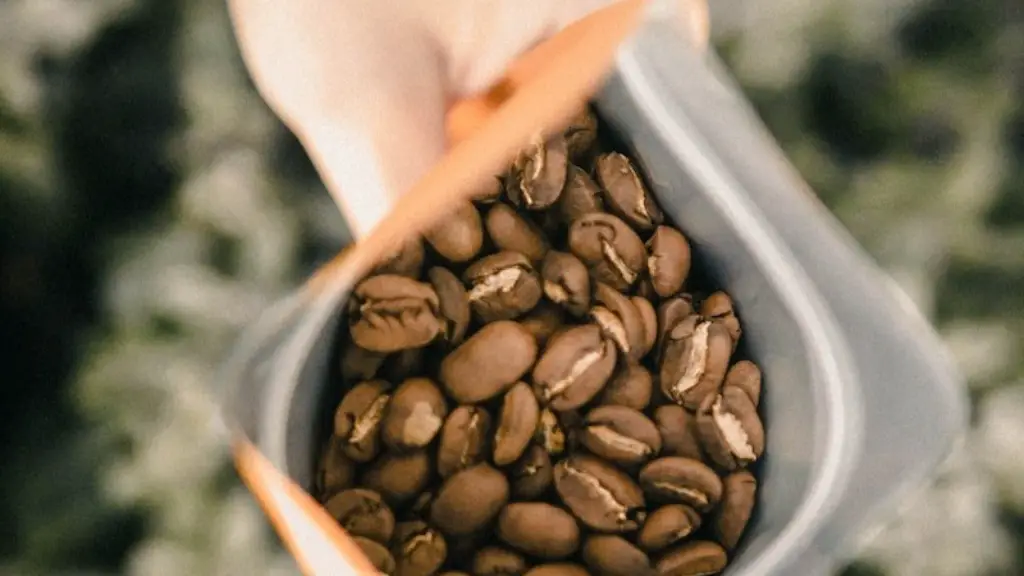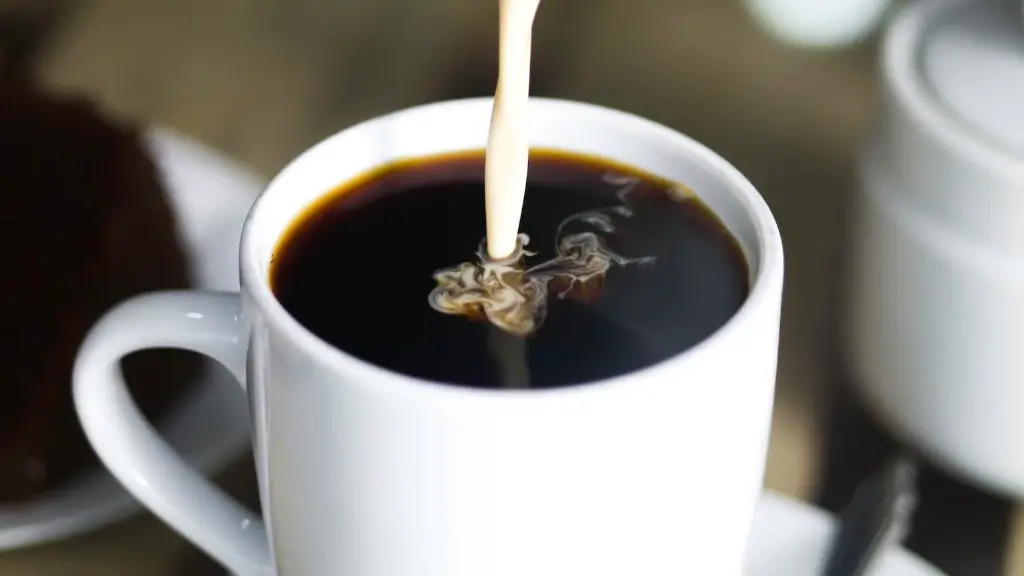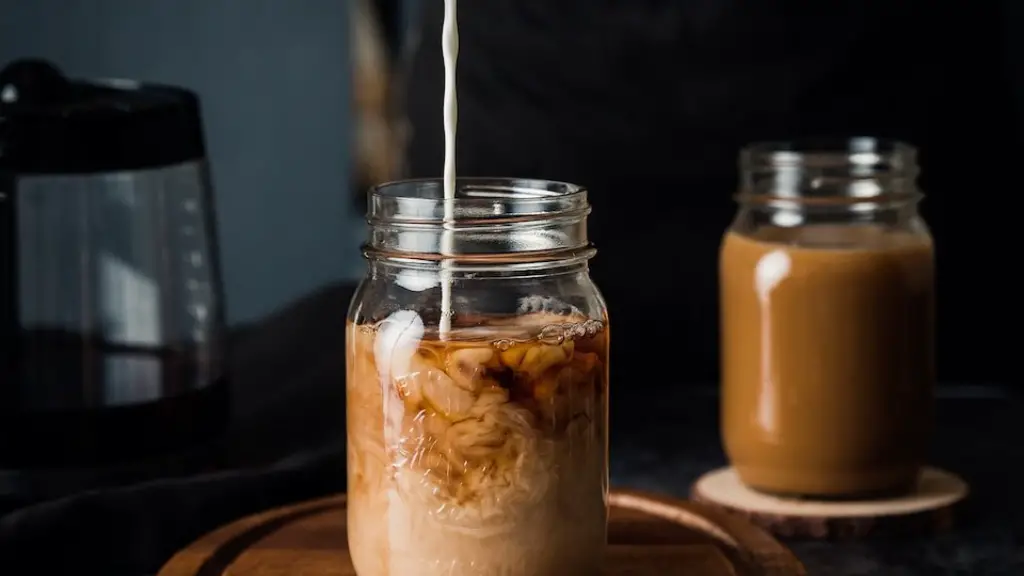Introduction
In recent years, the discussion of coffee drinking has been quite controversial, especially in regards to those who suffer from anxiety. While there has been research that has highlighted the potential risks associated with drinking coffee, there is also some evidence that indicates its potential benefit. Knowing the facts about coffee and anxiety is important in order to make an informed decision about drinking it.
What is anxiety?
Anxiety is a mental disorder characterized by feelings of worry, fear, and unease, often disproportionately so. Symptoms of anxiety can be physical, mental, or both. Commonly, those with anxiety experience difficulty sleeping, poor concentration, feelings of dread, and difficulty in socializing. While the exact cause of anxiety is not clear, genetics, environmental factors, and lifestyle are believed to play a role in its development.
Coffee and Anxiety
Coffee contains caffeine, a stimulant that can have a variety of short-term effects, including increased alertness and concentration, as well as an energy boost. This can be beneficial in certain situations, such as when studying for an exam or completing a task. In the case of those with anxiety, however, these same effects can have a detrimental impact.
Caffeine can increase heart rate and make it difficult to focus or relax, making it difficult for those with anxiety to cope with their emotions. Caffeine can also cause restlessness, irritability, sleep disruption, and impede concentration. It can even lead to panic attacks in some cases. Thus, it is important to be aware of how coffee may affect anxiety before making a decision to drink it.
Risks of Drinking Coffee When You Have Anxiety
There are several potential risks to be aware of when considering drinking coffee as someone with anxiety. One risk is that it can worsen existing symptoms, such as increased heart rate, restlessness, difficulty sleeping, and poor concentration. In some cases, it can even trigger a panic attack.
It is also important to be aware of the possibility of caffeine addiction. Caffeine can be habit forming and those who already suffer from anxiety may find it even harder to manage the addiction. Additionally, people with anxiety may rely on drinking coffee for its stimulating effects, which can further contribute to addiction.
Lastly, drinking coffee can lead to increased anxiety in the long term. When consumed in large amounts, caffeine can cause people to have trouble sleeping, leading to fatigue, which can in turn lead to heightened levels of anxiety.
Benefits of Drinking Coffee When You Have Anxiety
Despite the risks, there is also the potential for coffee to be beneficial to those with anxiety. For example, while it is true that caffeine can increase alertness and concentration, it can also be helpful in situations in which these qualities are lacking due to anxiety. In addition, drinking coffee can provide a distraction, which can be useful for managing anxiety.
It is also worth noting that not all coffee is created equal. For example, those who prefer decaf or organic coffee may find that their anxiety is less pronounced than it is when drinking regular coffee. Additionally, it is important to be mindful of drinking coffee in moderation, and to make sure that other factors, such as sleep, diet and exercise, are also taken into account.
Considerations When Drinking Coffee and Anxiety
Before deciding whether or not to drink coffee as someone with anxiety, it is important to consider several key points. It is important to be aware of how coffee can affect anxiety, both positively and negatively. It is also important to be mindful of the potential risks that come with drinking coffee, such as addiction and fatigue. Lastly, it is important to take into account other factors, such as sleep, diet and exercise, as these can also play a role in managing anxiety.
The Role of Mental Health Professionals
If you have anxiety and are considering drinking coffee, it is best to speak to a mental health professional. They can provide guidance and advice on what is the best course of action, taking into account your individual symptoms and needs. Additionally, they can help you explore other options for managing your anxiety, such as relaxation techniques and lifestyle changes.
What Should You Do?
Ultimately, whether or not you should drink coffee if you have anxiety is a personal decision. Everyone is different and so there is no one-size-fits-all answer. It is important to be aware of the risks and potential benefits associated with drinking coffee as someone with anxiety, and to speak to a mental health professional if you are considering drinking coffee.



